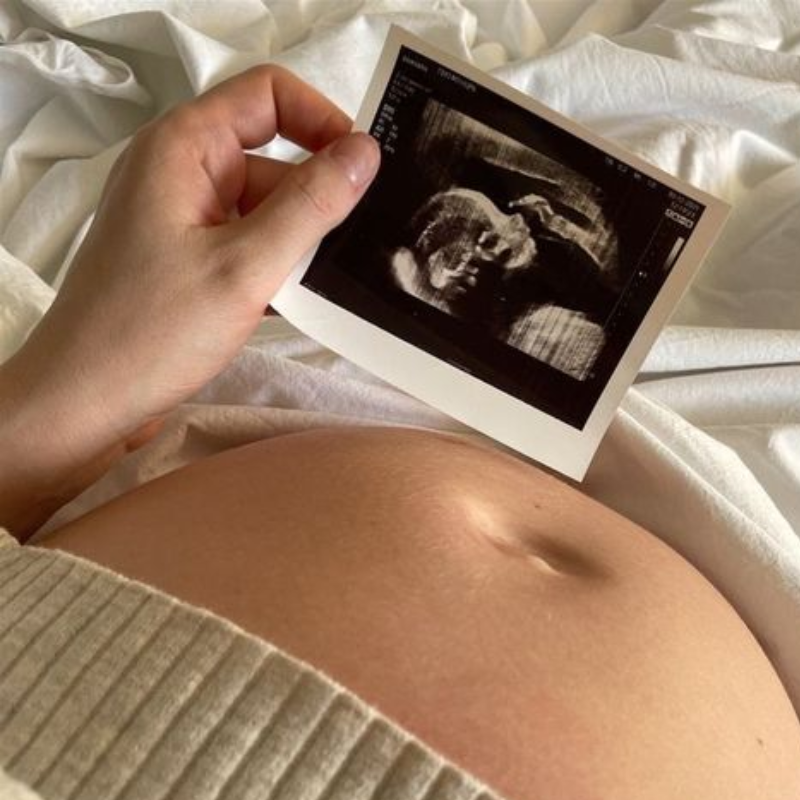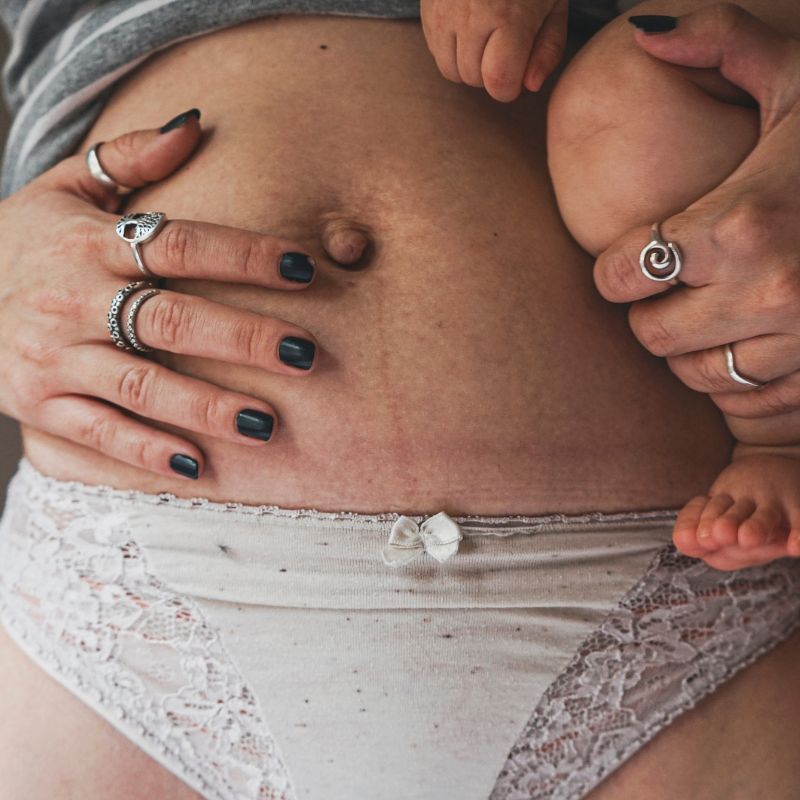You’ve spent the last 9 months eagerly awaiting the arrival of your baby and you’re just days away from your due date. But how should you prepare for labour and what should you spend time doing in these last few days to ensure you’re ready for action? Kendamil Feeding Expert Katie Hilton shares below her useful tips and advice around preparing for labour.
1. Get your Essentials Ready
No new parent wants to come home from hospital after delivery and be worrying about how many nappies they have, or if they bought enough wipes or nappies. Make sure you’re well stocked up on all the essentials for your newborn, at least for the first month. That way, there’ll be no middle-of-the-night emergency trips to a 24hr supermarket and you will be able to settle into life together in a stress-free environment. Well, less stressful at least!
2. Decide on a Feeding Method
It’s important to have a plan for how you want to feed your baby before they arrive. Regardless of your chosen method of feeding, be sure to learn as much as possible and read up on common complications, making lists of what to do should things not go according to plan. For the first six months the WHO recommends breastfeeding as the sole source of nutrition. After six months, should you choose to combination feed, be sure to research the different types of follow-on formulas available on the market. I would recommend looking for a follow-on formula which is whole-milk based, palm oil free and containing no fish oils.
3. Put the Car Seat in the Car
You likely already know that your baby will need a car seat (in fact most hospitals won’t allow you to go home if you don’t have a safe way of transporting your little one home!). Be sure to fit your base and car seat into the car – stores like Halfords can check to ensure it is fitted properly to the car. Practice taking the car seat on and off the base so things will go smoothly for your journey home.
4. Make a Birth Plan
A birth plan is a great way of communicating your needs and wishes to your birth provider, be it a Midwife or Obstetrician. It explains your preferences for labour, what you want to happen should things not go to plan, what kind of pain relief you would like, who your birthing partners are and much more. You can either write or type your birth plan and I would suggest you review it with your birthing partners ahead of time. That way, they will know exactly what kind of labour you want, ensuring they are acting in your best interests and as your advocate during labour.
5. Understand Things Might Not go to Plan
Even with your extensive birthing plan, you should remember that not everything always goes to plan! You could end up a week overdue. The facilities for a waterbirth may be unavailable. That epidural you thought you’d say no to may turn out to be the best thing that ever happened. Unfortunately, preparing for birth has its limits. But getting used to the idea that everything might not go the way you want it to can help ease your labour worries. After all, when your new baby arrives, you’ll probably find that nothing else matters anyway.
6. Pack your Hospital Bag
Once you’ve bought everything you need to take to the hospital, start to pack your hospital bag and leave it either in the boot of the car or by the door. That way, when the time comes, you’ll be ready. It’s useful to pack separate bags for labour, birth partner and postnatal, this way you don’t need to keep carrying around things you don’t need and makes it easier to get out of the hospital when it’s time to go home.
7. Keep Everything Charged
Labour is one of those things that could last anywhere between three hours and three days. Many new parents end up spending a long time at the hospital before they actually have their baby. But even with all the excitement of a new baby coming, waiting around for labour to become boring. It’s a good idea to have some kind of entertainment ready – download some films, books on your Kindle and have your phone charged for those important post-birth phone calls!
8. Plan your Hospital Journey
When preparing for labour, it’s important to start planning how you’re going to get to the hospital. If you’ll be travelling by car then do a practice run before your due date to see how long the journey takes (ideally doing it under different traffic conditions), while always ensuring you’ve plenty of petrol in the car. If your partner can’t drive you to the hospital, form a plan with a friend, relative or neighbour to take you when the time comes. If you’ll be taking a taxi then it is worthwhile ringing beforehand to ensure they’ll be able to take you in labour. Don’t however consider taking public transport – giving birth on the bus is not an option!
9. Know When to go to the Hospital
In general, you should contact the hospital if: your waters break, your contractions are very strong and regular, you need pain relief for your contractions, you’re bleeding, you’re less than 37 weeks pregnant and think you’re in labour or you have any concerns about your pregnancy.
10. Have Fun!
Preparing to give birth isn’t just about packing your hospital bag, writing out a birth plan or preparing the nursery for the arrival of your baby. It’s also a great time to go on a date night with your partner, enjoy long relaxing bubble baths or just go out for a walk by yourself. Remember, you might not get many chances to do these things very soon!
If you would like to learn more about the Kendamil product range, please click here.
Important Notice: Breastfeeding is best. Kendamil Follow-on milk is only for babies over 6 months, and should be used as part of a mixed diet. Please talk to your Healthcare Professional.

















